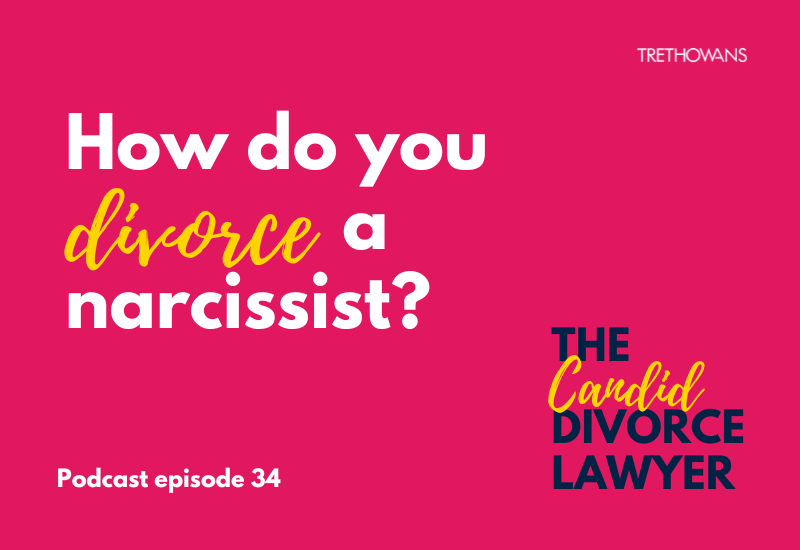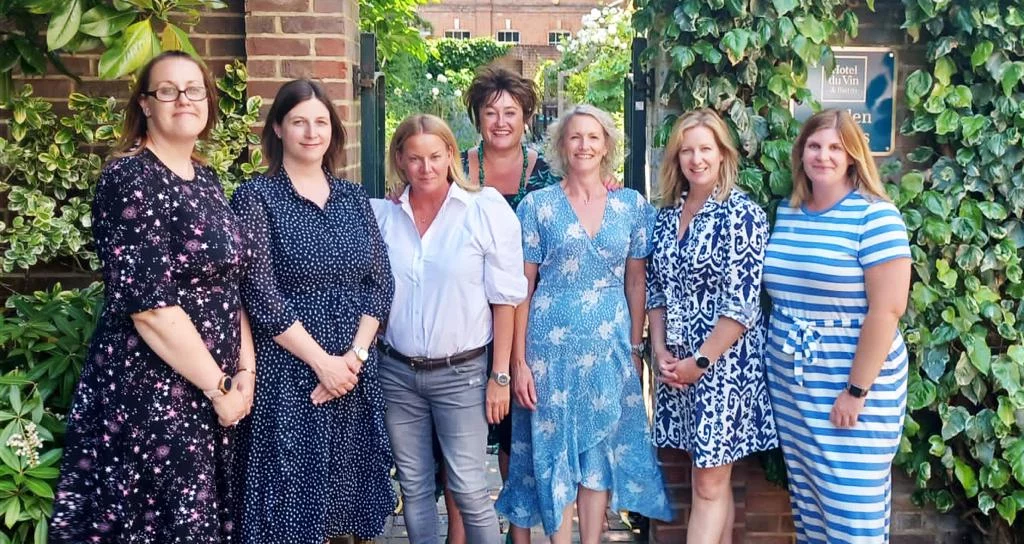Top 10 tips if you are considering starting divorce proceedings

With the introduction of “no fault” divorce in April 2022, the National Statistics of the Family Court reported that between April and June 2022, there was a 22% increase in divorce applications in comparison to the same period in 2021. Divorce applications continue to be on the rise. Laura Bell, Senior Associate in the family team at Trethowans, has the following top ten tips for those who are considering starting divorce proceedings:
1. Take your time
Commencing divorce proceedings is life-changing and not a decision to make quickly. It may be that marriage counselling, and taking time to reflect and consider your future, could help to identify and overcome some of the issues you are facing.
2. Get legal advice
Having a full understanding of your legal rights and responsibilities, and being aware of what the divorce process is, will help to make you feel more in control and less anxious. It is important that you find a solicitor that you feel comfortable with.
3. Consider your options
There will be lots for you to consider – whether you make a sole or joint divorce application, where will you live, how will the children spend their time between both their parents, will the house need to be sold, and so forth.
Rather than jumping in headfirst and trying to answer all of these questions, make sure you have an understanding as to the options available. Mediation and collaborative practices, for example, can be a very helpful, dignified and family-focused way of reaching agreement.
4. Understand your finances
To assess the fairness and reasonableness of any financial settlement, your legal advisor needs to understand your financial circumstances. This will include details of capital, income and any pensions.
Preparing a ‘budget form’ of your monthly expenditure can also be helpful to collate all of your outgoings, so that this can used to consider how these are going to be met in the future.
5. Put your children first
Regardless of your status as a couple, you will always be parents to your children. Decisions relating to the children’s future, such as where they will live and the amount of time they will spend with each parent, must be made in their best interests. Building solid foundations early on in your co-parenting journey can help your family for years to come.
Effective communication is key. For those who are struggling, there are family apps such as Our Family Wizard and 2Houses that can be downloaded and used. Completing a parenting plan can also help to record mutual agreements and principles about how your children will be brought up.
6. Consider child maintenance obligation
If, as a parent, you are living separately from your children, you will have financial obligations towards them. The Child Maintenance Services has a helpful online calculator if you are not able to reach agreement between you as to how much should be paid.
7. Remember the importance of self-care
Separating from your partner can be an extremely emotionally turbulent time. It is important to gather support from loved ones around you and possibly invest in professional help from a counsellor.
8. Locate your marriage certificate
Your original marriage certificate must be uploaded onto the Court Portal, with the court with a divorce application If you have misplaced the original, a copy can be ordered from the General Register Office.
9. Updating your personal details/entitlements
If you and your partner have recently separated and are living independently, you should check to see whether you are eligible for a council tax discount. You may also be entitled to other benefits such as universal credit.
10. Be IT savvy
Now may be the time to consider changing your passwords on your social media accounts and banking apps. Also be thoughtful as to what you post on social media – putting details of your personal circumstances on the internet is often not helpful, and only serves to increase tensions.
Our Family team offer free initial consultation. Please get in touch on 0800 280 421 if you require advice and would like to arrange an initial consultation or fill out our forms below.













